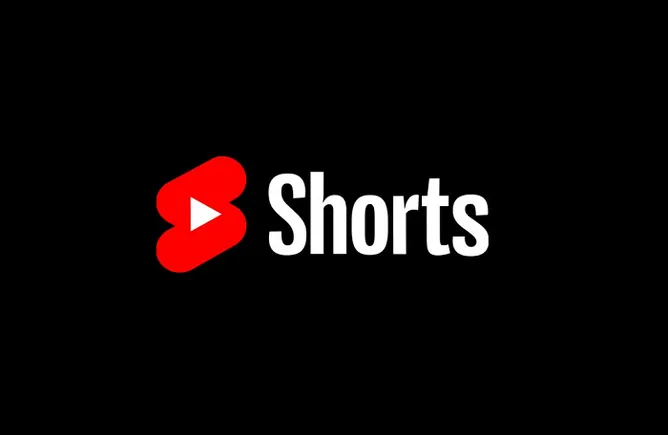Nvidia's Jensen Huang softens his ‘China will win the AI race’ remark to FT
Nvidia CEO Jensen Huang reportedly told the Financial Times that "China is going to win the AI race," before releasing a notably softer statement soon after.

Jensen Huang attends a reception for the 2025 Queen Elizabeth Prize for Engineering, at St James' Palace in London, Brirain, Nov. 5, 2025.
Yui Mok | Via Reuters
Nvidia CEO Jensen Huang reportedly told the Financial Times on Wednesday that "China is going to win the AI race," only to release a notably softer statement soon after.
The prolific tech leader was speaking on the sidelines of the FT's Future of AI Summit, where he warned that China would beat the U.S. in artificial intelligence thanks to lower energy costs and looser regulations.
The comments, which CNBC could not verify independently, would represent Huang's starkest warning yet that the U.S. is at risk of losing its global lead in advanced AI technologies.
However, several hours after the FT published its report, Nvidia issued a separate statement from Jensen on an official X account.
"As I have long said, China is nanoseconds behind America in AI. It's vital that America wins by racing ahead and winning developers worldwide," he added.
Huang has long stated that the U.S. can stay ahead in the AI race if it keeps developers reliant on Nvidia's leading AI chips — an argument the CEO has used to lobby against export restrictions on his company's sales to China.
Following meetings with U.S. President Donald Trump in July, it seemed that Huang's efforts had paid off, with Washington agreeing to ease some of its chip curbs.
Under the plan, Nvidia and competing AI chip company AMD had agreed to pay the U.S. government 15% of their Chinese revenues from sales of existing AI processors tailored for the market.
However, Beijing has since shut Nvidia out of the market as it conducts a national security review of its chips, with Huang stating that the firm's market share has been reduced to zero.
It remains unclear whether China will allow any of Nvidia's chips to return, as officials push domestic tech companies towards its domestic AI chip alternatives. However, some experts have speculated that Beijing is using Nvidia's market access as leverage in trade negotiations or to push Washington for wider access to advanced semiconductors.
Huang was in South Korea last month, during Trump's meeting with Chinese President Xi Jinping. Highly anticipated trade talks between the two leaders did not yield any concessions from either side on chip policy.
According to The Wall Street Journal, Trump had initially sought to discuss a request by Huang to allow sales of a new generation of AI chips to China. However, top officials rallied against the idea, the Journal reported, citing anonymous current and former administration officials familiar with the matter.
Now that Nvidia's access to China remains frozen, it appears Huang is shifting his attention to other matters he considers essential to Nvidia's growth and the AI race.
In the interview with the FT, Huang reportedly expressed concerns that the West, including the U.S, was being held back by "cynicism" and excessive regulation — contrasting that with China's energy subsidies aimed at lowering costs for local developers using domestic chips.

 ShanonG
ShanonG 






























